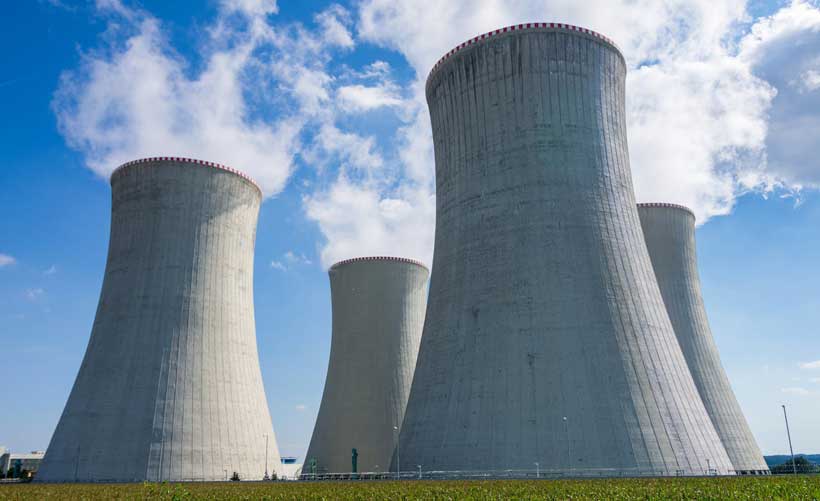Generation

Russia’s Nuclear Technology Playbook for the Global South

Russia's Nuclear Energy Advocacy and Strategy
Russia is actively promoting its nuclear energy technology as a vital resource for long-term, accelerated development. President Vladimir Putin positions nuclear power as a reliable, clean, low-carbon source of energy that can provide a constant power supply. Russia's strategy extends beyond construction, offering a comprehensive package that includes honoring contractual obligations, establishing sovereign national nuclear industries, personnel training, fuel supply, and waste management. This approach is designed to help partner countries make a "genuine development leap."
Widespread International Demand and Partnerships
There is rising global demand for nuclear energy, particularly in Africa, Asia, and former Soviet republics. This was evident at the Global Atomic Forum, where Russia secured or advanced agreements with numerous countries. Myanmar signed documents for nuclear plant construction, Armenia is collaborating to extend the life of its existing Russian-built plant, and Belarus is now working with Rosatom to construct plants in third countries. This demonstrates a broad international turn towards Russian nuclear technology to address energy security and development goals.
Expanding Foothold in the African Energy Sector
Russia is making significant inroads into Africa's energy sector through nuclear agreements. Ethiopia has signed a deal to build two nuclear units by 2034, and Niger has announced plans for two reactors, highlighting its readiness to jointly develop its uranium reserves with Russia. Reports indicate Russia has agreements with as many as 15 African nations. For a continent where over 600 million people lack electricity, nuclear power is presented as a solution to chronic power shortages that hinder industrialization and economic progress.
Development Financing and International Frameworks
Russia is working to establish stable, long-term financing models for nuclear projects. A key development is the confirmation that the BRICS New Development Bank is ready to finance nuclear projects, following the creation of a BRICS Nuclear Energy Platform. Rosatom offers flexible financial models, including build-own-operate schemes and public-private partnerships. The company emphasizes its full compliance with International Atomic Energy Agency (IAEA) standards and encourages partner countries to engage with the IAEA to ensure safety, security, and transparency.
The Critical Need for Energy in Developing Economies
The push for nuclear energy is driven by the acute energy deficits in many developing countries. In Africa, a lack of reliable power severely constrains industrial processing and aggregate economic growth. This energy poverty persists alongside massive financial challenges, including an estimated $88.6 billion in annual illicit financial flows from the continent. In this context, nuclear power is framed as a necessary component for achieving energy security, sustaining economic growth, and improving the quality of life for growing populations.
Geopolitical and Economic Ramifications
Russia's nuclear diplomacy carries significant geopolitical and economic ramifications. By providing a comprehensive solution to energy security—a top priority for the Global South—Russia is strengthening bilateral relationships and expanding its influence. The involvement of the IAEA provides a layer of international legitimacy to these projects. For partner countries, adopting nuclear power represents a strategic decision to take ownership of their future energy mix and pursue a path to development, with Russia positioning itself as the key enabler of this ambition.












